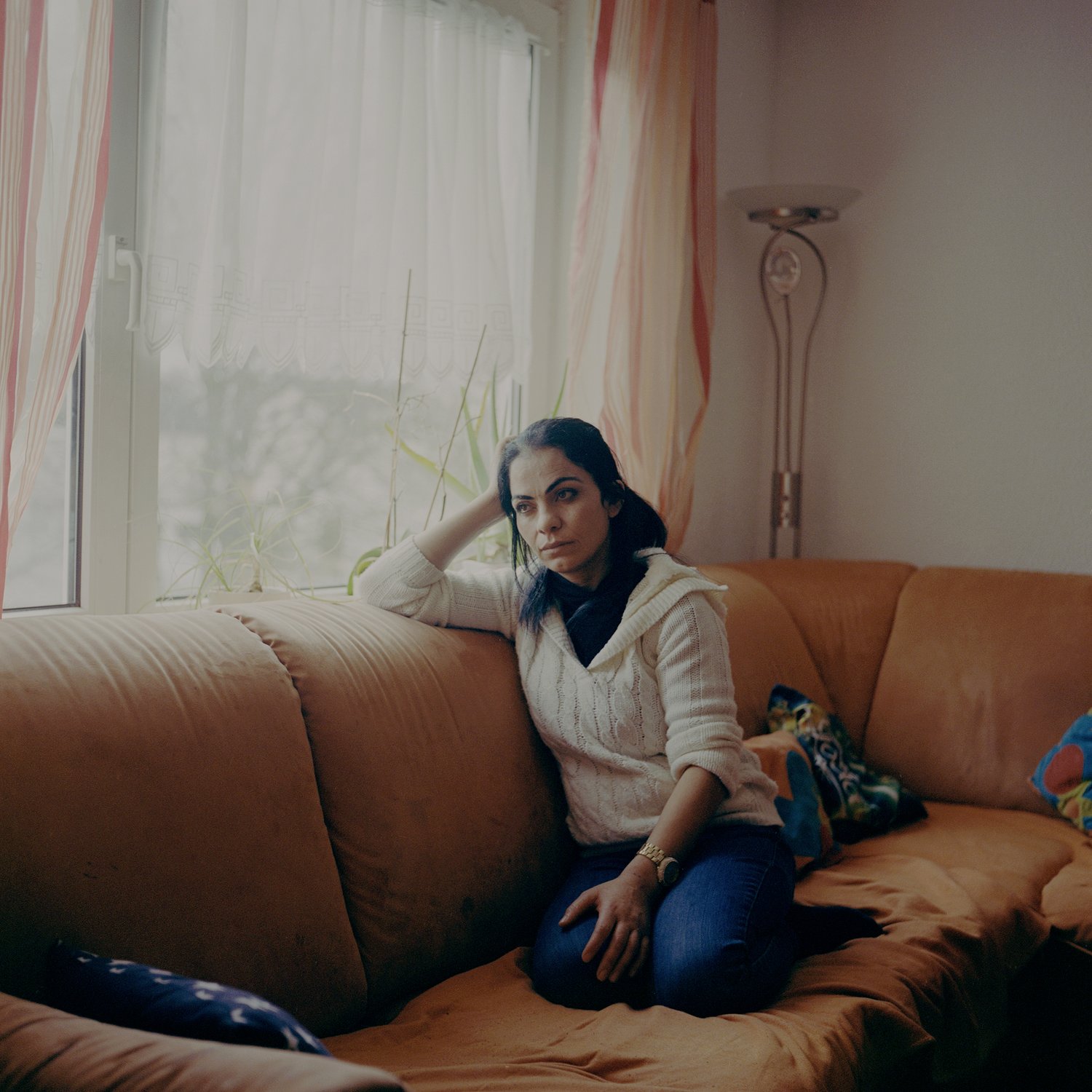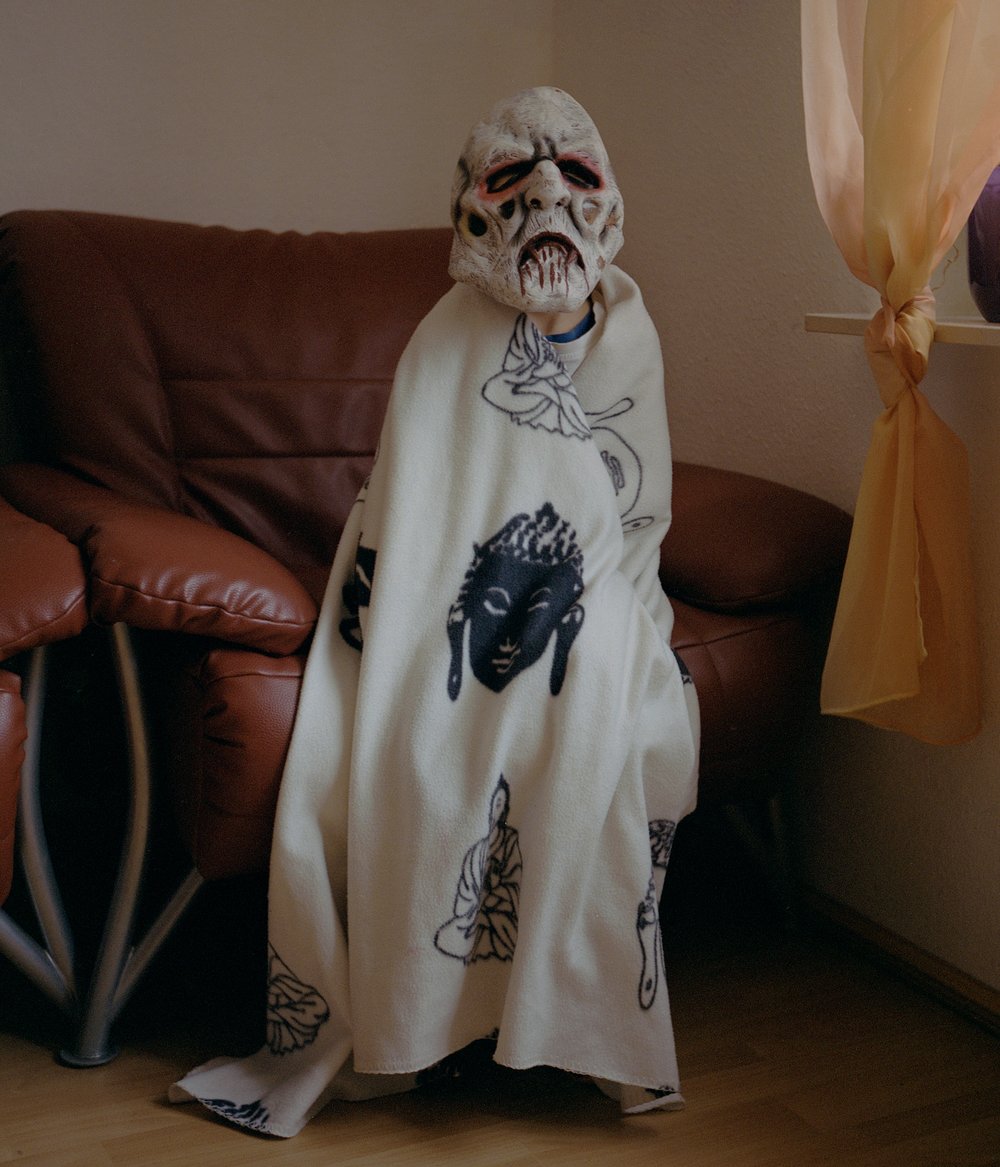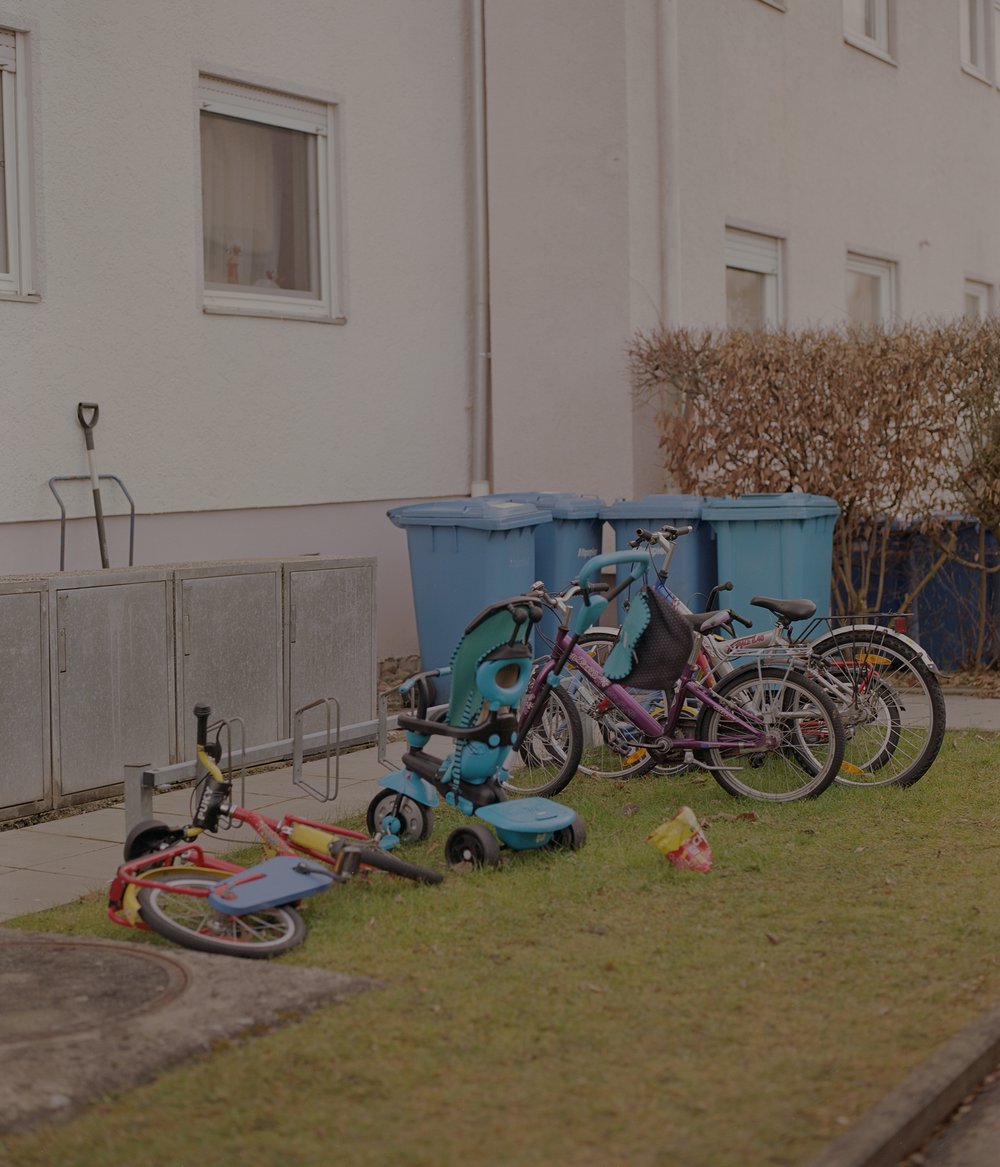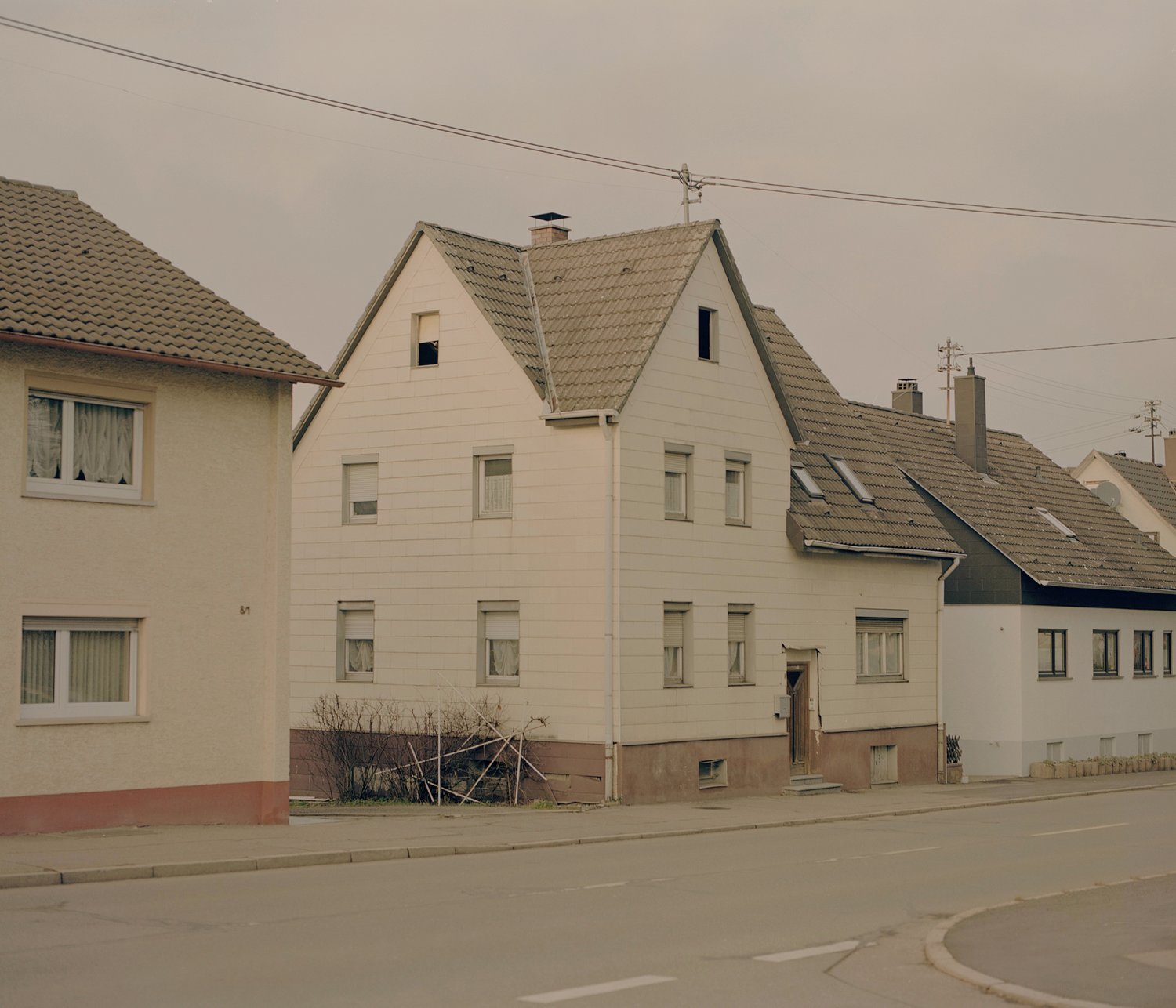Germany Offered Help to Yazidi Women. But Was It Enough?

A Radical German Program Promised a Fresh Start to Yazidi Survivors of ISIS Captivity. But Some Women Are Still Longing for Help
By Kristen Chick for Time Magazine
AUGUST 24, 2020
When Hanan escaped from Islamic State captivity, there wasn’t much to come back to.
She and her five children had survived a year in a living nightmare. After her husband finally managed to arrange their rescue in the summer of 2015, they joined him in a dusty camp in Iraq where he lived in a tent. The Islamic State of Iraq and Syria (ISIS) still controlled the territory they called home, and they were unsure if they could ever go back. And Hanan was unsure if she could ever escape the darkness she felt inside.
So when, in the fall of 2015, Germany offered her the promise of safety and a chance to heal from her trauma, it wasn’t a difficult decision. Accepting a place in a groundbreaking program for women and children survivors of ISIS captivity did mean leaving her husband behind in the camp, but she was told he could join her after two years. So she and her children boarded the first flight of their lives, out of Iraq and away from their tight-knit community, in search of safety and treatment for what still haunted them.
Hanan, now 34, was one of 1,100 women and children brought to Germany in an unprecedented effort to aid those most affected by ISIS’s systematic campaign to kill and enslave the ancient Yazidi religious minority. (TIME is identifying Hanan by her first name only for her safety.) Launched by the German state of Baden Württemberg in October 2014, the program aimed to help survivors of captivity receive much-needed mental-health treatment and support. In Iraq, there had been a rash of suicides among the heavily-traumatized survivors, who had minimal access to mental-health care and faced an uncertain future. In Germany, far from the site of their suffering, state officials hoped the women and children could find healing and a fresh start.
But for Hanan, those promises remain unfulfilled. German officials never granted visas to any of the women’s husbands, leaving families, including Hanan’s, indefinitely torn apart. Like most of the women, she’s not undergoing promised trauma therapy. She often thinks about killing herself. The only thing stopping her, she says, is her children.

Germany, January 12, 2020: Hanan braiding her 11-year-old daughter Hanadi's hair while Berivan, 10 (left) and Haneya, 13 (right) watch.







